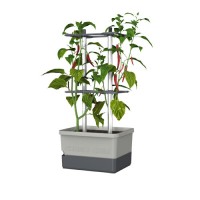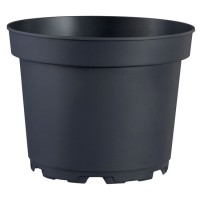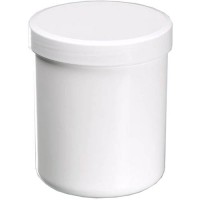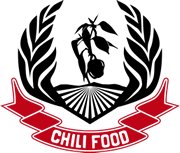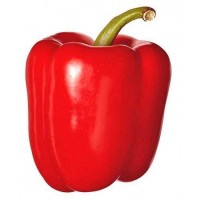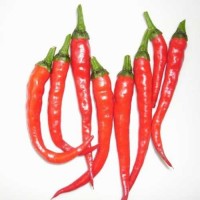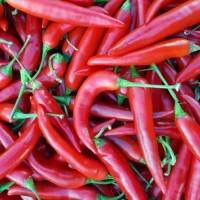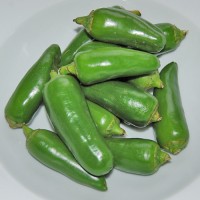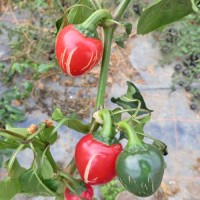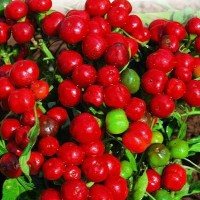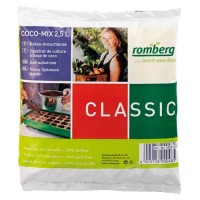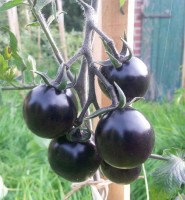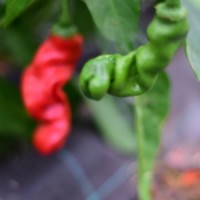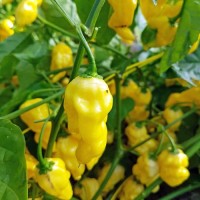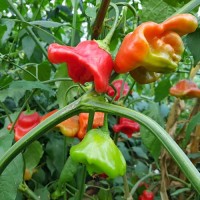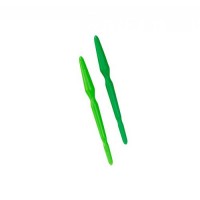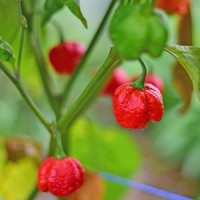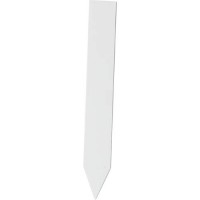Cherrybomb Rei Marina Chili Seeds
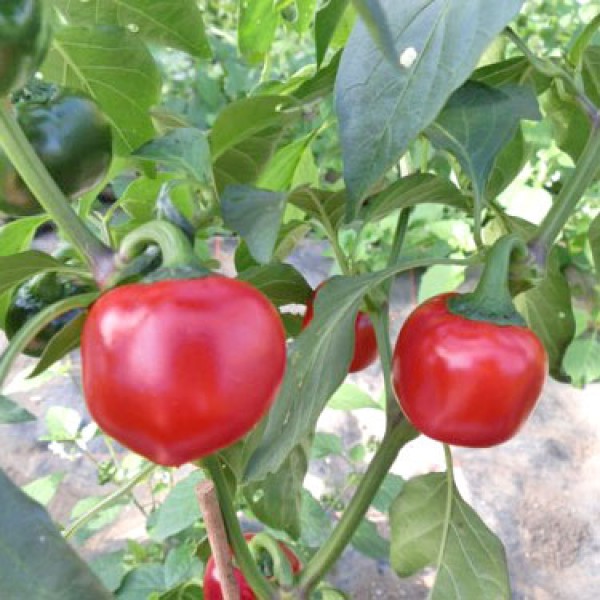
Prices incl. VAT plus shipping costs
Immediately ready for shipping. Delivery time: 1-3 business days.
- Order number: 9288
- Chili spiciness: 5Hot
Cherrybomb Rei Marina Chili Seeds
Info: The Cherrybomb Rei Marina Chili is a flavourful cherry pepper with relatively large fruits, which are best suitable for eating directly from the bush. The shiny red, round chilies grow on bushy, high-yielding plants. Their levels of spiciness can vary greatly. They are suitable for fresh consumption, for use in salads or for stuffing and pickling.
Care: The germination temperature is between 20 und 28°C (8 - 20 day germination period), therefore the use of a greenhouse and a heating mat is recommended. The plants need fresh, well-fertilised, permeable soil, and do not tolerate waterlogging. They should be planted in a sunny, protected place with at least 6 hours of sunlight - preferably more. Put the plants outside approx. 2 to 3 weeks after the last frost.
Tips for successful chili cultivation can be found in our Chili Cultivation Instructions and in the Chili Diary.
| Type | Capsicum annuum |
| Content | 10 pieces |
| Level of spiciness | 5 - 7 |
| Scoville | 2.500 - 15.000 SHU |
| optimal germination temperature | 20 - 28 °C |
| Sowing | Jan. - Apr. |
| Flowers | white (May-July) |
| Plant growth habit | bushy, approx. 80 - 90cm in height |
| Ripening | from green to red |
| Fruit appearance | round, approx. 4 x 4 cm |
| Ripening time | 70 - 80 days |
| Origin | Italy |
| Schärfegrad: | 5 |
Manufacturer
Name: | Femundus GmbH |
Address: | Holzweg 16 67098 Bad Dürkheim Deutschland |
Saatgut hervorragend, eine Pflanze bildet nach 6 Wochen erste Blüten. Daumen hoch!
Saatgut hervorragend, eine Pflanze bildet nach 6 Wochen erste Blüten. Daumen hoch!
Mehr Samen als Chili
Die Cherrybomb hat von Beginn an gut Früchte getragen und schmeckt an sich ganz gut. Auch die Keimquote (100%) ist sehr gut.
Warum ich Punkte abziehe ist, weil diese Cherrybomb wirklich unglaublich viele Samen hat. Man hat mehr Samen als Frucht wodurch am Ende dann doch trotz großer Frucht wenig zum futtern bleibt und der Preis bei den Unmengen an Samen pro Frucht deutlich überzogen ist.
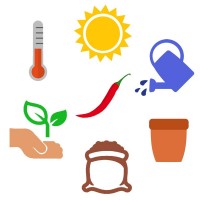 Crash Course Chilli Cultivation
Crash Course Chilli Cultivation 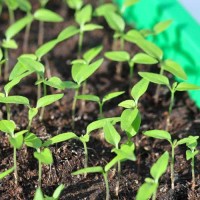 How to germinate chillies
How to germinate chillies 
